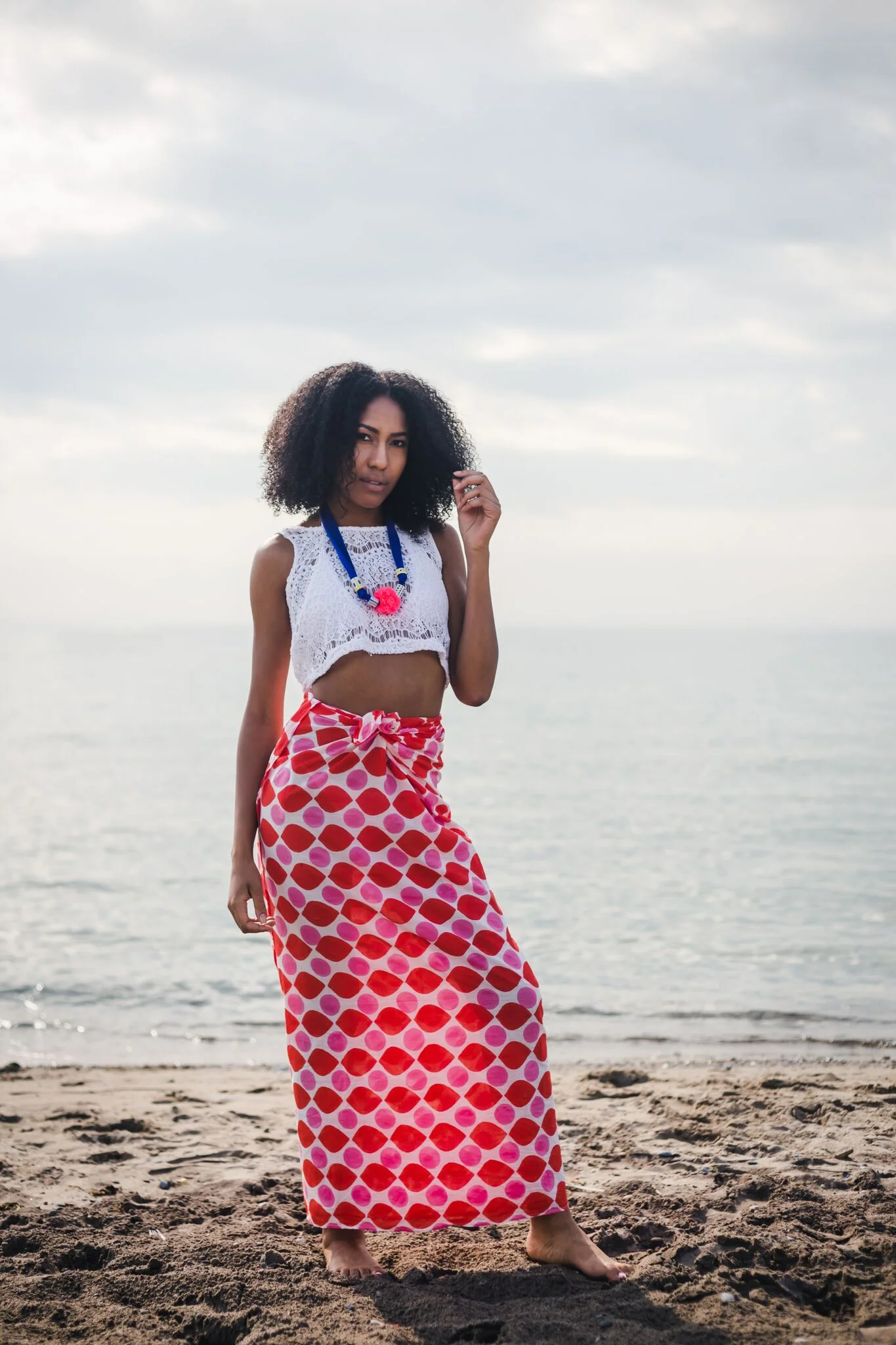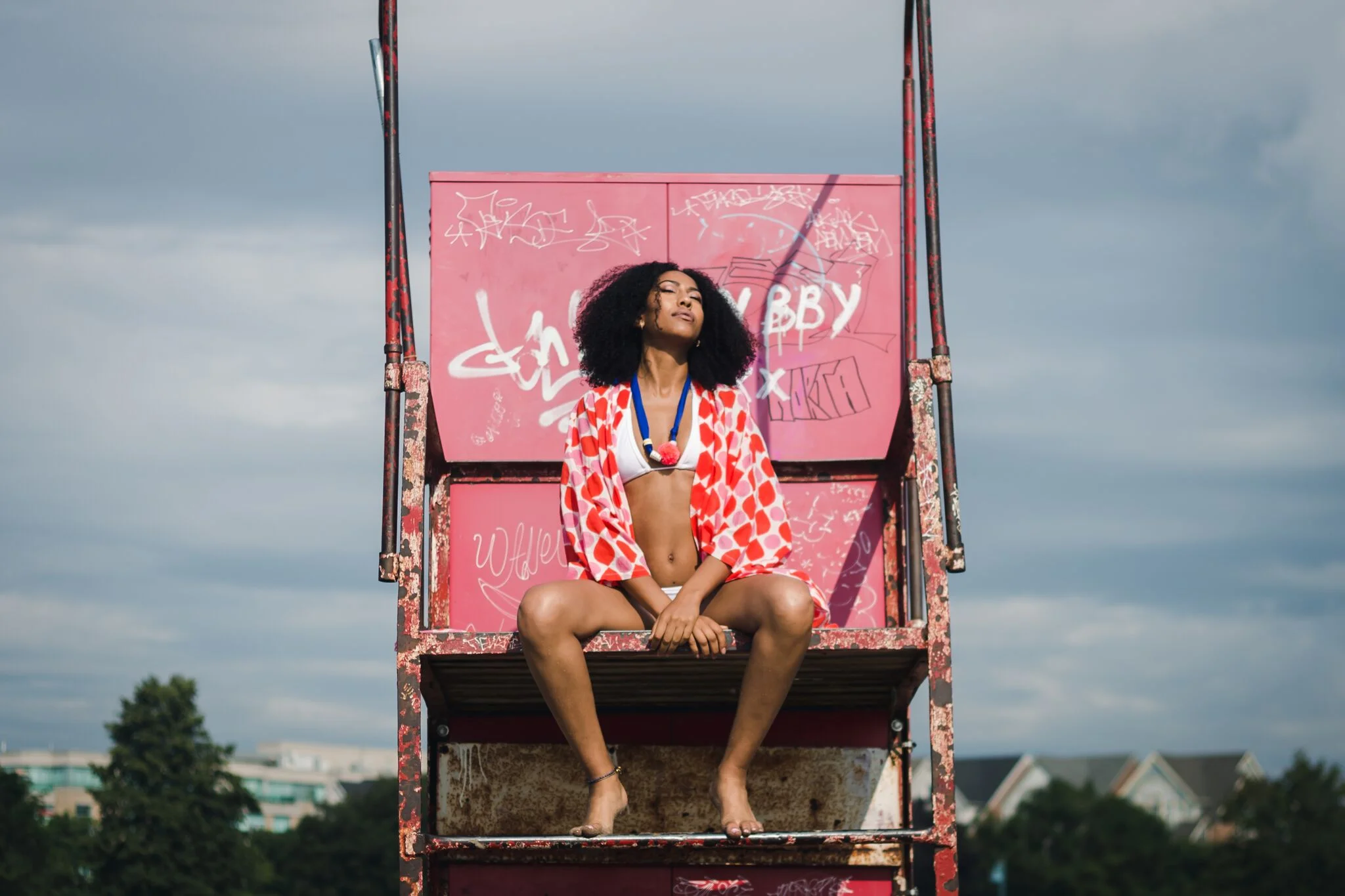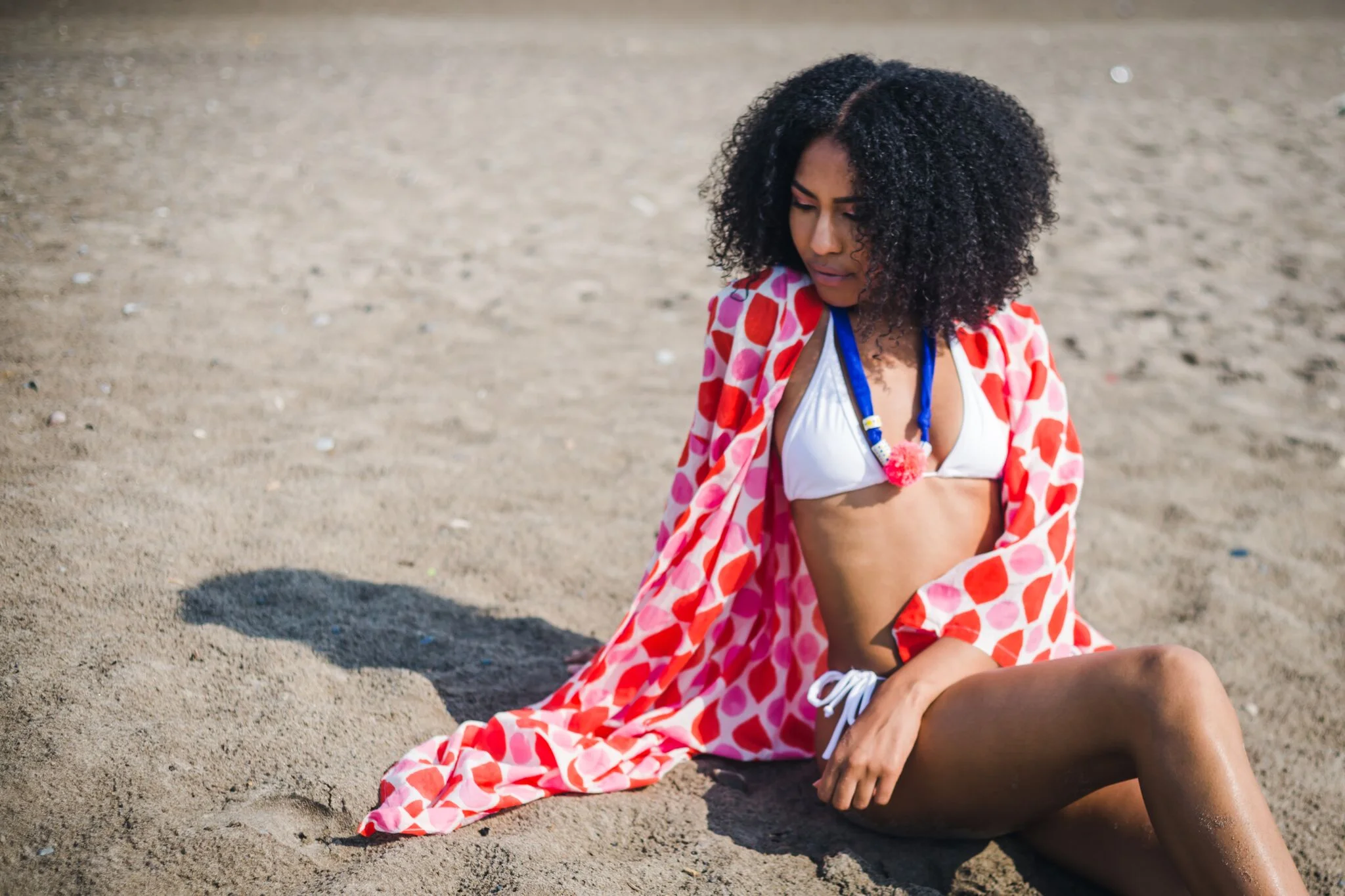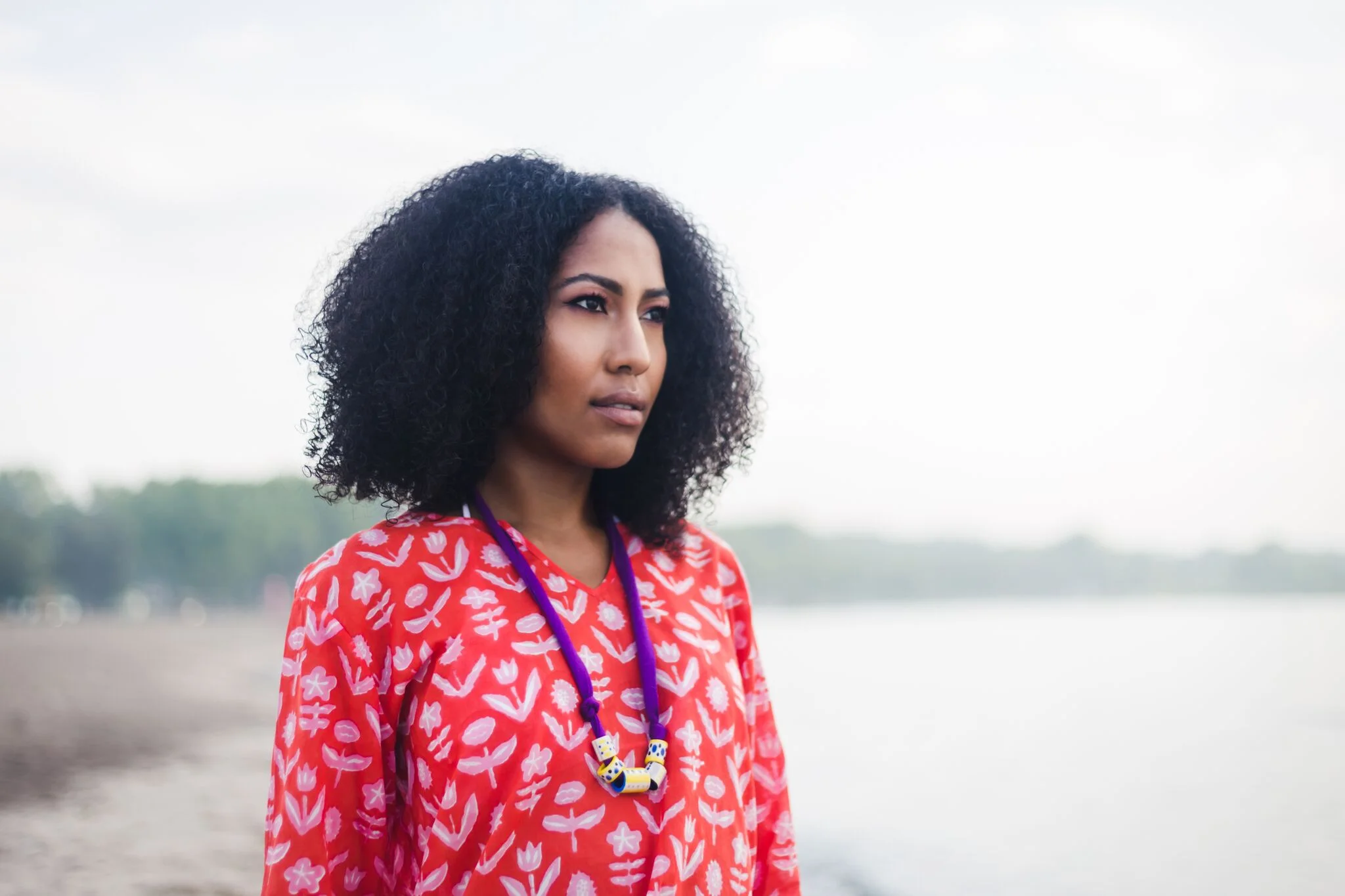ETHICAL FASHION: KATE AUSTIN DESIGNS
PEOPLE ARE SO QUICK TO SAY THEY HAVE YOUR BACK.AND AFTER 20+ YEARS PLAYING THIS GAME OF LIFE, WE KNOW BETTER (I HOPE) AND FOCUS ON MORE IMPORTANT THINGS...
LIKE WHAT IS ACTUALLY ON OUR BACKS.
I remember sitting in my second year sociology lecture and half daydreaming/watching a documentary on sweatshops in Bangladesh. I stopped thinking about my bank account (or lack thereof) and started paying attention to the details - "workers" endure 14 hours of labour a day for a whopping $0.21/ hour to make this $10 H&M basic tee I mindlessly threw on this morning. My immediate thought was LIFE IS UNFAIR. I COULD NOT EVEN BUY A SOUR KEY WITH THAT SHIT.
"And why would one ever put themselves through that slave labour?" you ask. Well, besides the fact that eating is kind of important... we also have to buy that new H&M FW 2017 collection!! Right?
Wrong.
Many multinational companies, such as H&M and Walmart just to name a few, take advantage of cheap labour abroad and manufacture majority of their products in sweatshop factories overseas. Not only are workers exploited and subjected to poverty, but are also exposed to danger while working in horrendous factory conditions. Just like the eight story sweatshop factory that collapsed and killed over 1000 people in Bangladesh. The sweatshop housed the production of some of your favourite fashion retailers such as Gap, H&M and J.C Penny.
There are many flaws in international trade and the exploitation of workers in sweatshops are only one of many.
How can we help? Shop smarter.
Fair trade offers a solution to this social and economic problem by providing higher wages, better working conditions and fair terms of trade for workers. Many brands are realizing the importance of fair trade and promoting ethical fashion, just like this one.
I had the opportunity to model Kate Austin Designs here in Toronto, Canada, and was most excited about the story the prints tell. The colourful textiles and patterns of the kimonos pass along the tradition of block printing, which was founded in India in the early 12th century. Today, artisans and craftspeople in Rajasthan, India transfer prints and dye materials using the ancient block printing method and passionately work in conjunction with Kate on the ethical designs. And you guessed it.. all of the designs are fair trade and supporting the development of working communities in both India and Peru.
So lets vow to be conscientious consumers and promote ethical fashion like the eco-chic fashionistas we are!
Make sure to check out the shop here!
What are some quality fair trade brands that promote ethical fashion?
And what are some brands you know that manufacture their products in sweatshop factories?
Let a girl know in the comment section!
Love & Light // Chelsea





